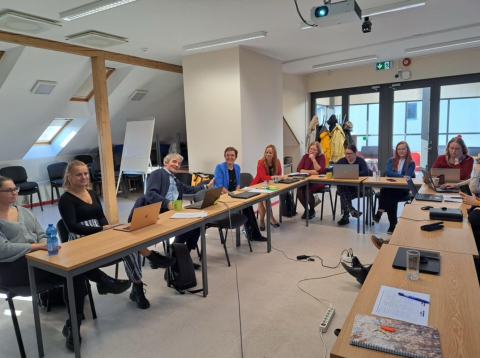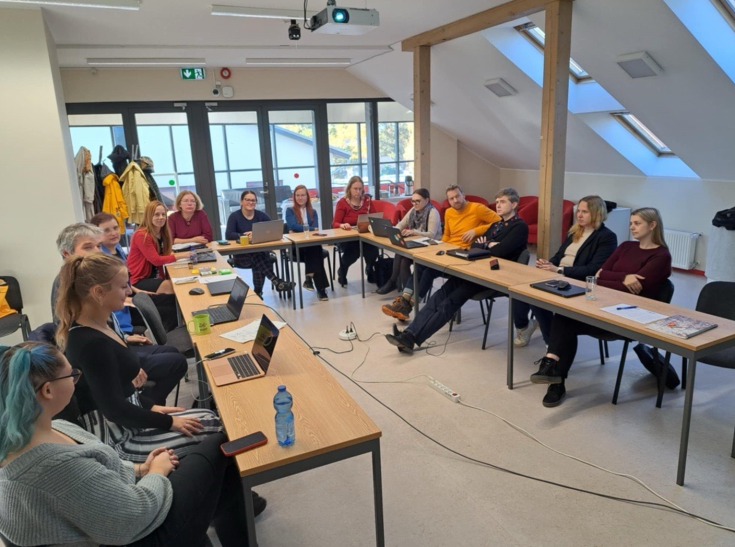Engaging Stakeholders in Local Government Decisions
On October 18, 2024, stakeholders´ seminar "How to Involve Different Stakeholders in Local Government Decision-Making Processes?" was organized by the Association of Municipalities of Tartu County. The meeting was held in collaboration with three international projects: Interreg Europe programme projects Rural Proofing, Rural Youth Future and Digital Rural.
Why did we choose this topic?
The seminar aimed to share experiences on how local governments have involved different target groups, either in planning new activities or in rethinking existing ones. We discussed how to ensure that the needs of rural residents (both young and older), communities, and entrepreneurs are considered at the national level, especially from the perspective of rural areas. In addition to the national level, it is also important at the local government level to assess impacts and consider the needs of various stakeholder groups in decision-making processes.

The focus was on the following questions:
- How to involve different stakeholders, and what are the specifics of their involvement? What channels should be used?
- How to assess which stakeholders and at what stages of the decision-making processes need to be involved?
- How are young people involved, and is their voice heard in the engagement processes? If so, how is this achieved? If not, who or what could be done differently?
Summary of the meeting:
- We should organize more joint discussions between young people and decision-makers.
- Broader discussions with adults to allow young people to feel that they are being heard and considered.
- Although young people are active on social media, direct communication, such as visiting schools, yields the best results.
- A good practice we already use is asking young people what’s working well in their municipality and what could be better. This has been integrated into their everyday schoolwork.
- It was suggested to increase recognition of non-formal learning on school graduation certificates, such as voluntary work or participation in cultural events.
- Mapping the interests of young people and involving more passive youth in the decision-making process is essential.
